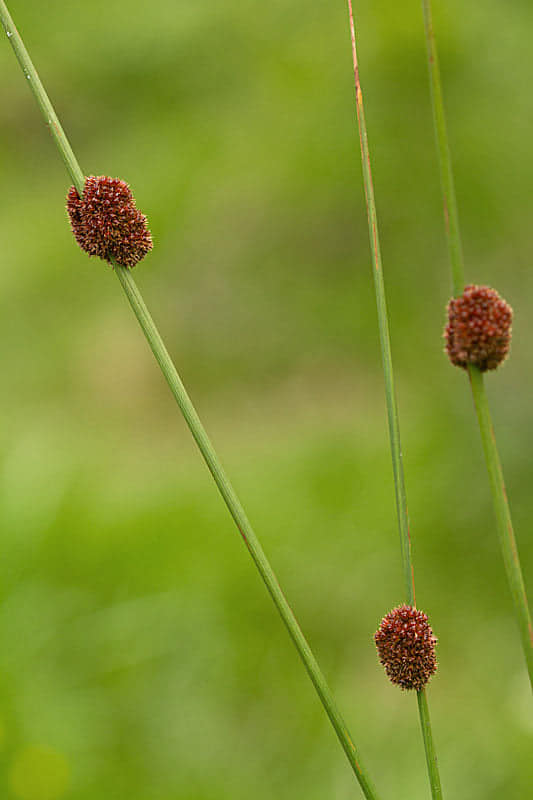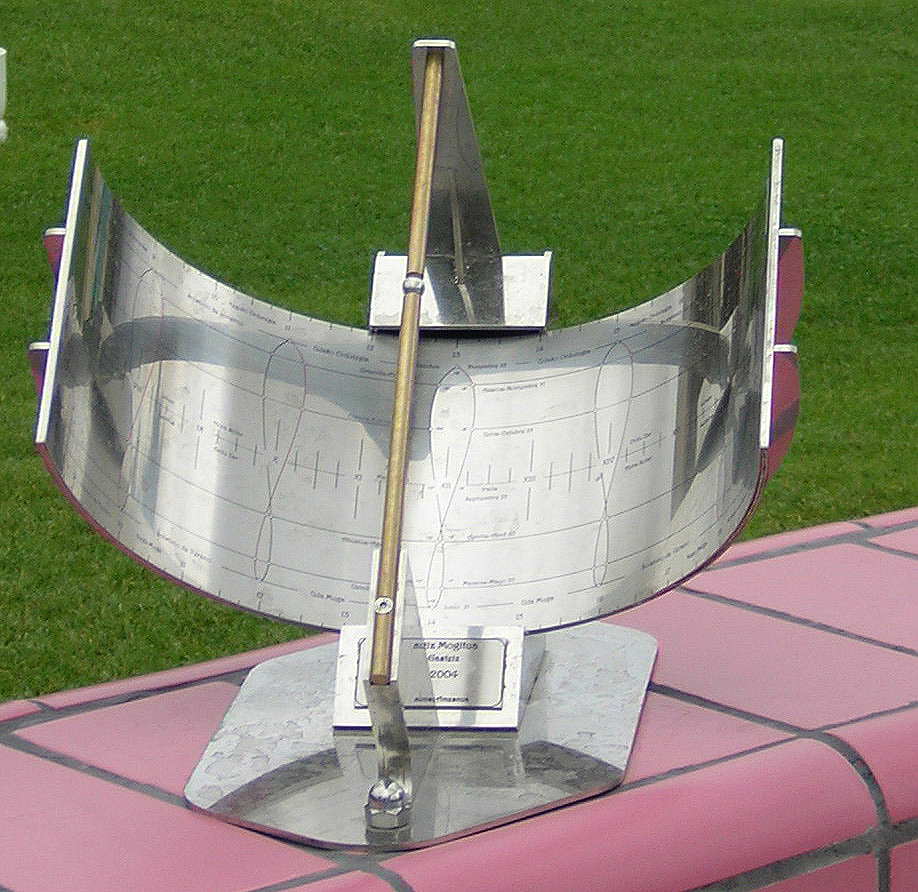Basque ethnography at a glance

Great fields and strips in the neighbourhood of Ahedo. Valley of Carranza (Bizkaia), 1965. GeoEuskadi Viewer.
The so-called llosas were a convenient form of land arrangement and use characteristic of the Valley of Carranza (Bizkaia) but with wide geographical variations. Adjacent flatlands and gentle slopes within each neighbourhood in the Valley were grouped together and enclosed for cultivation in what was known as a llosa. Each block of arable land was divided into individual strips, those closer to the farms, or piezas, being devoted to maize, also wheat more formerly, and other crops; the more remote locations served as grazing land and were thus called campas. (more…)

Climb to the mountain. Aia (Gipuzkoa), 1998. Antxon Aguirre.
Transhumance is the practice of moving livestock, mainly sheep, from one grazing ground to another in a seasonal cycle, typically to highlands in summer and lowlands in winter. And for good reason, because pasture and forage resources in certain geographical areas do not always match livestock needs throughout the year. Long-distance livestock routes are commonly known as cañadas, or altxonbideak in Lower Navarre and Zuberoa, whereas ardibideak, or simply bideak, are minor paths and tracks used to access the mountain from lower altitudes. (more…)

Rushes in blossom. Sergio González Ahedo.
There are more than thirty known types of warts of different shapes and sizes. Most of them are benign and come and go as they please. They do not typically result in significant problems and disappear without medical treatment. The most usual names for warts in Basque are garia, garitxa, garatxoa, karatxoa, kalitxa, enorra and marruka.
Some people are said to be more susceptible to warts than others, but the majority of us are likely to develop warts at some point in our lives. Certainly, warts might cause discomfort and are at times deemed aesthetically displeasing. (more…)

Equatorial sundial at Fundación Estadio Fundazioa in Vitoria-Gasteiz. José Ignacio Domínguez.
Of the numerous ways to define a sundial, and after extensive reading on the subject, I consider particularly interesting the definition given by Miquel Palau in his book Rellotges de sol [Sundials], which would translate as follows: ‘A sundial is the materialization of an ingenious idea, so simple it is surprising. It consists of a shadow that moves in the opposite direction to the apparent motion of the sun and aligns with conveniently arranged hour lines’. Nevertheless, the reality of such devices, and a little reflection, shows the art of constructing and using sundials is not quite as straightforward as the definition suggests. As a matter of fact, ancient sundials were not so much the outcome of craftsmanship but of multiple and complex studies. Many people who still today attempt to build sundials without understanding their basic principles rapidly realize their effort is not compensated. It continues to be really remarkable how such a relatively simple instrument can register variations in the earth’s rotation so accurately. (more…)

